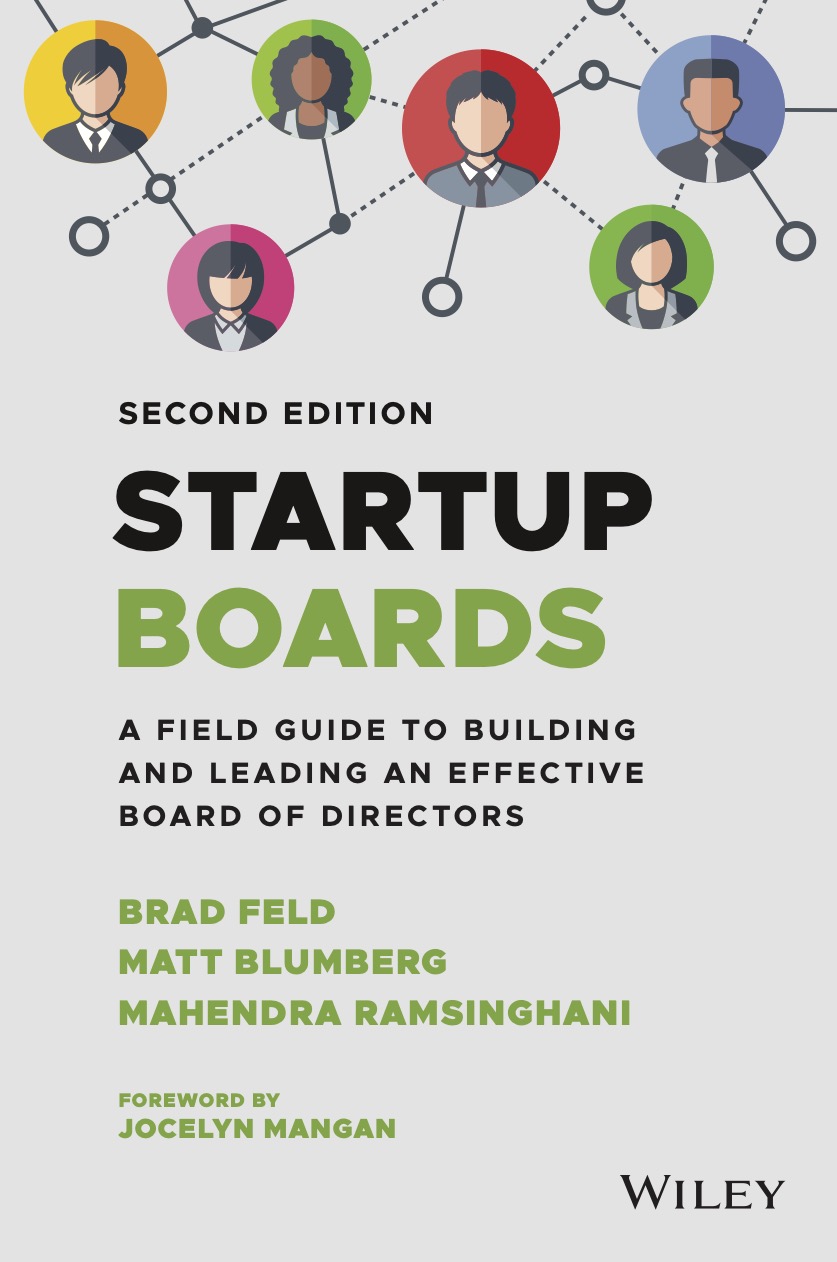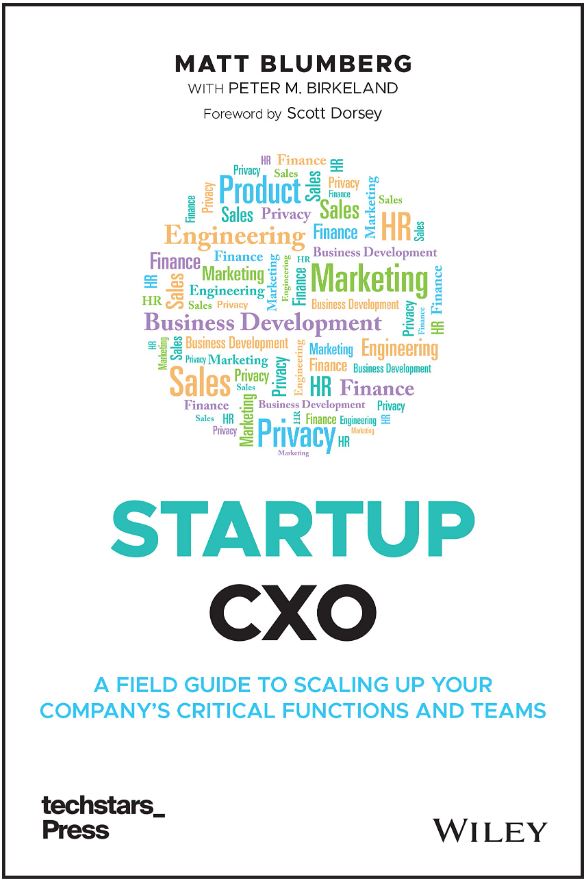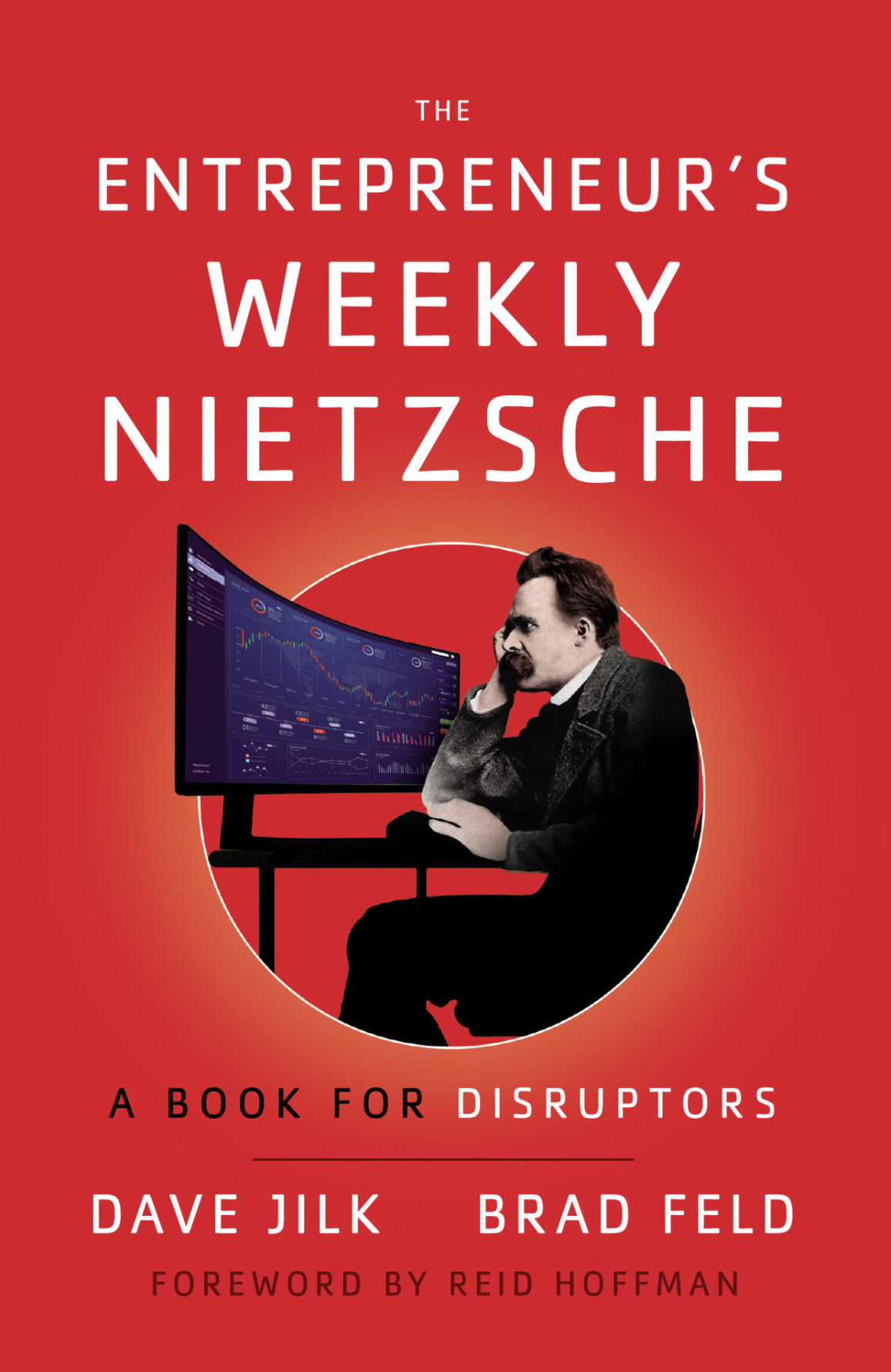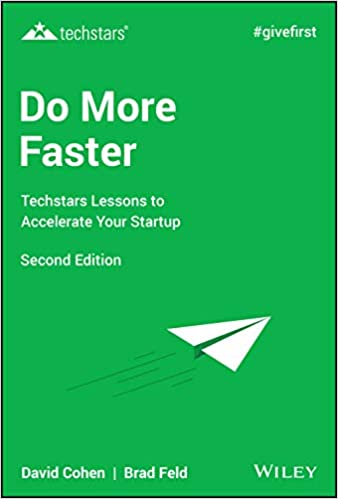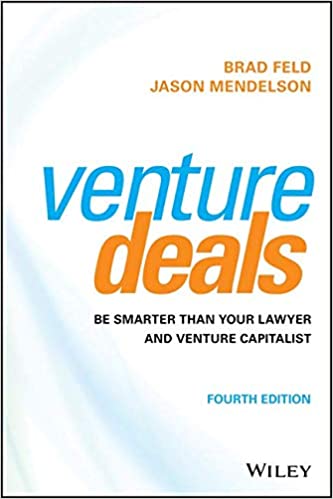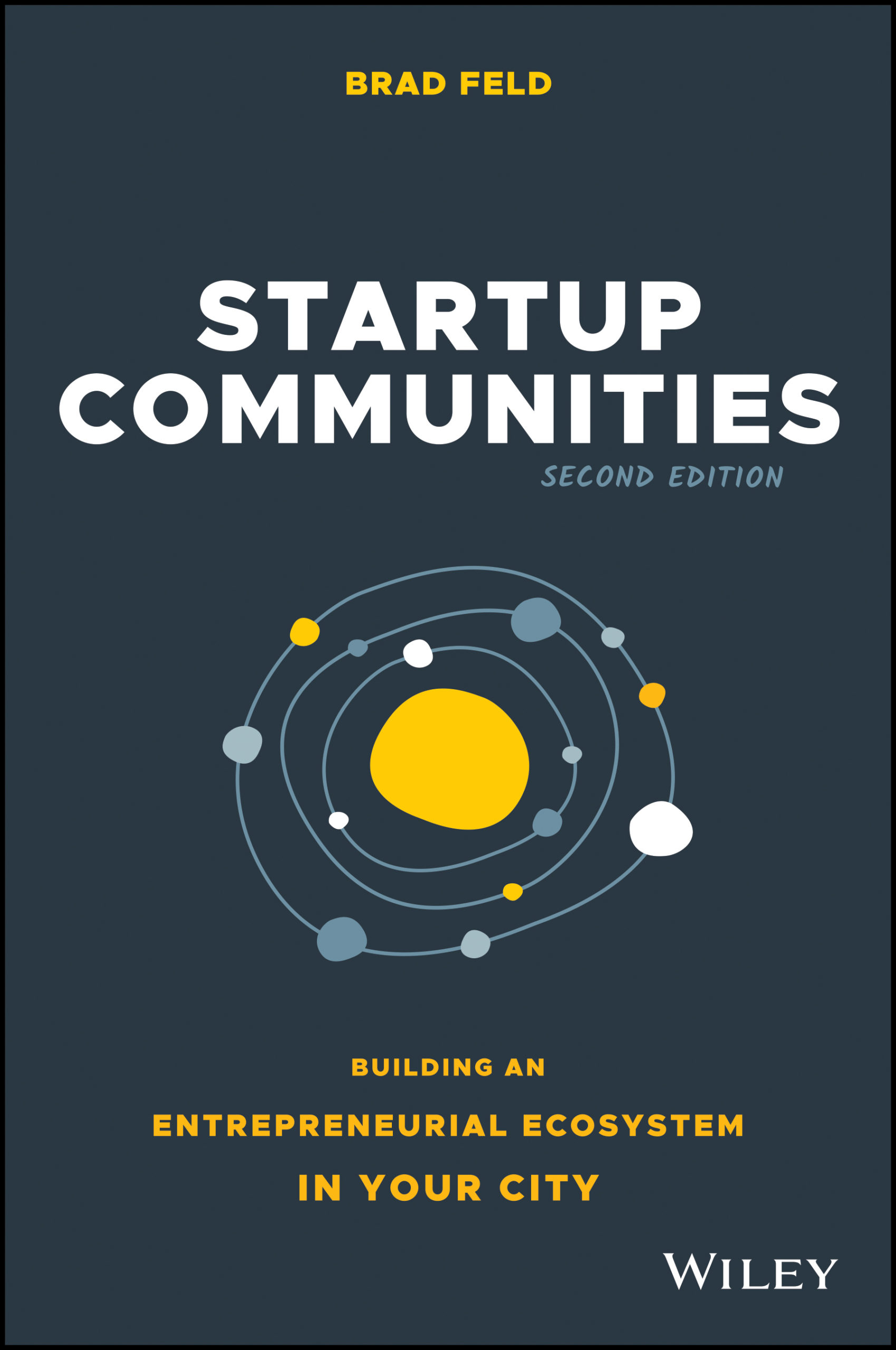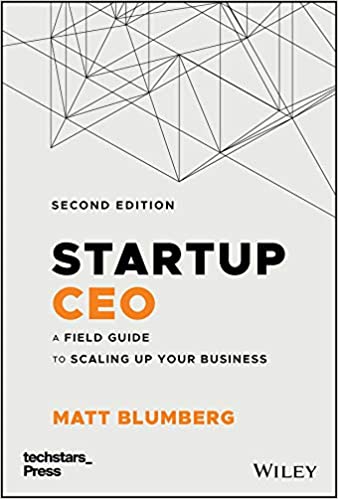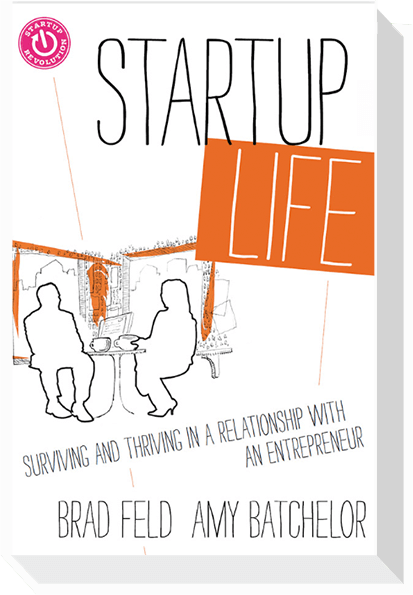Vanity Metrics and the Startup Community
Guest Post By Mital Patel – Triangle Startup Weekend – (Co-Founder)
How Should We Measure Success In Our Startup Community?
I’ve learned a lot in my 3 short years of organizing Triangle Startup Weekend (TSW). For one, you can get a lot done in 54 hours if you just focus on doing things rather than talking about what you plan to do. All of the Triangle Startup Weekends we’ve organized have been successes, each building on the previous and becoming a more efficient and impactful event for the startup community.
This past weekend, we hosted TSW EDU, North Carolina’s first Startup Weekend focused on spurring innovation and reform in the education space. Based on feedback from attendees, coaches, judges, sponsors, other organizers, and community members that followed along on Twitter, the event was a success. But how do we define success? Better yet, how should we define success?
How do we define success?
The first question I get after TSW usually relates to how many companies were formed or how many of the companies survived and are still operational businesses. How many got funding? How many are still around?
That’s understandable – it’s very human to think of the companies themselves as a measure for how successful TSW is at impacting our startup community. Don’t get me wrong, they’re definitely part of the equation. And there’s nothing worth hiding – both of the winners of TSW since 2011 are still around, operational, and joined by other companies that launched during TSW.
How should we define success?
I can tell you that after years of organizing TSW, the companies themselves are far from the most important measure of the event’s success. Just as website visits aren’t the best measure of success for a startup, the companies that form at TSW don’t tell the entire story worth telling.
When we tell people about what role TSW plays in the startup community, we start with the fact that it is one of the few events that engages the entire entrepreneurial stack. Brad Feld explains the importance of this engagement in Startup Communities and if he were to touch on the metrics that matter to a startup community in Startup Metrics, he would probably focus on more than just the companies that form out of Startup Weekends.
It’s common for attendees to meet future co-founders and find jobs. In fact, last year, one of our participants drove from Arkansas because his fiancée was starting graduate school in the Triangle and he needed a job. He walked away from the weekend with strong leads and found a job shortly thereafter.
One of TSW’s past mentors and judges, Richard White, CEO of UserVoice, came to TSW two years ago and points to the energy and engineering talent he saw as the sole reason he decided to open an engineering office in downtown Raleigh.
Scott Moody, founder of Authentec (recently acquired by Apple for $356 Million) often cites TSW as a factor in his decision to move from Florida to the Triangle.
It’s those types of things that we should be talking about when we talk about startup events.
Just as we have done (or should do) in our businesses, we should rethink how we measure success in our startup community and ask ourselves whether we’re using metrics that matter or merely vanity metrics.
Broadly, TSW EDU introduced entrepreneurship to educators, and education to entrepreneurs. It’s very likely the EdTech community in the Triangle will point back to TSW EDU as a tipping point. It’s too soon to measure all of the things that will come from TSW EDU, but I can tell you the companies that form from the weekend are just the tip of the iceberg. And they’re impressive enough in their own right.
